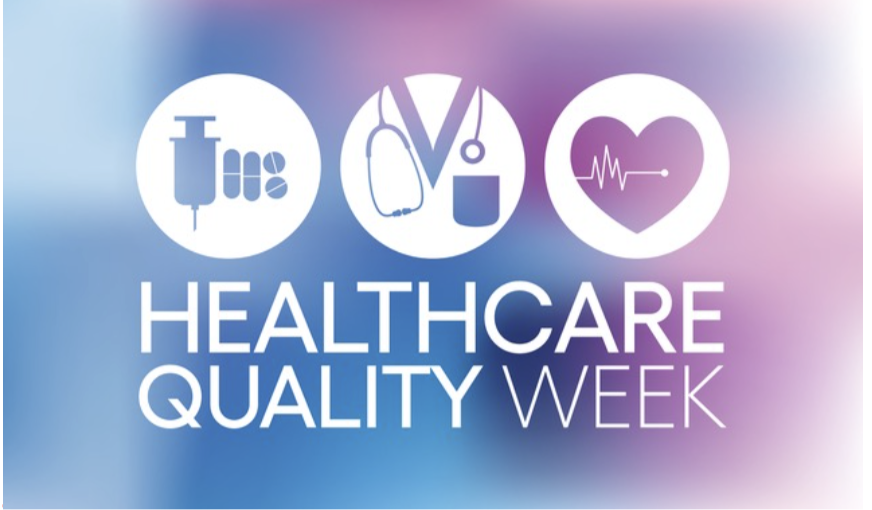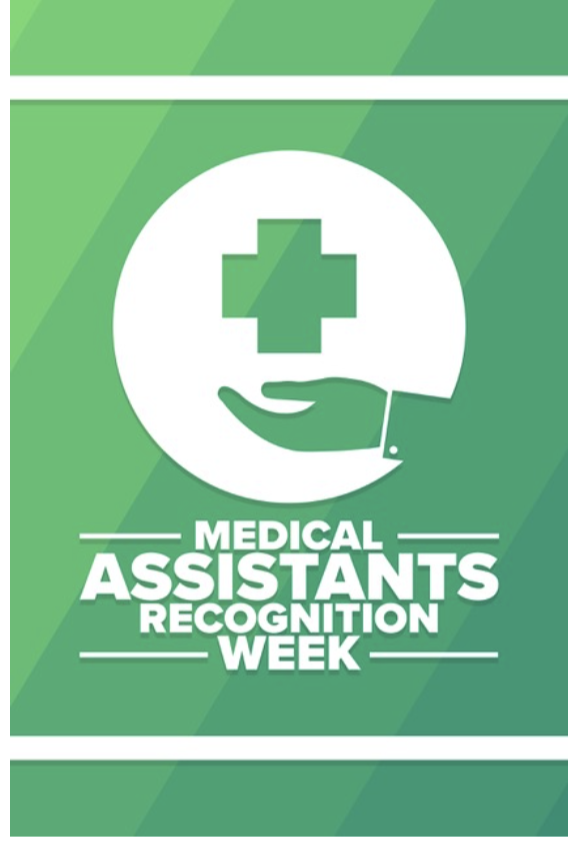Certain infections can have profound effects during pregnancy. We are going to share with you what screening tests you should expect from your obstetrical care provider, when you should have these tests, and questions to ask. Being informed is your best strategy to having a healthy pregnancy.
Why screen for infections during pregnancy?
Why screen for infections during pregnancy?
Because certain adverse outcomes can be avoided with routine screening during pregnancy.
This blog series will provide you with an overview of the recommended screening tests for infectious diseases during your prenatal care. Knowledge of these routine screening tests--when the test is recommended during pregnancy, what specific testing method you should expect, and accurate interpretation of test results-- is part of the basic understanding of your routine prenatal care.
Recommended Routine Screenings for Infectious Diseases During Pregnancy
This blog series will provide you with an overview of the recommended screening tests for infectious diseases during your prenatal care. Knowledge of these routine screening tests--when the test is recommended during pregnancy, what specific testing method you should expect, and accurate interpretation of test results-- is part of the basic understanding of your routine prenatal care.
Recommended Routine Screenings for Infectious Diseases During Pregnancy
- Urinalysis/Urine Culture for a urinary tract infection (UTI): Blog 1
- Hepatitis B & C: Blog 2
- Human Immunodeficiency Virus (HIV): Blog 3
- Rubella and Varicella (Measles and Chicken Pox): Blog 4
- Sexually Transmitted Infections (Chlamydia, gonorrhea, and syphilis): Blog 5
- Group B Strep (GBS): Blog 6
- Tuberculosis (TB): Blog 7
Understanding Hepatitis B & C and your Pregnancy
Both hepatitis B and C are viral infections that affect the liver. If active disease is present in pregnancy, the virus can be passed to and infect the fetus--your baby.
When to Screen
Hepatitis B
On entry to care, you should be screened for serologic evidence of the hepatitis B because many patients with hepatitis may not even know they have the infection due to lack of symptoms. If new or persistent risk factors for hepatitis B infection is present during pregnancy, screening should also occur at time of delivery. Screening is then done in each subsequent pregnancy, regardless of prior history of hepatitis B vaccination or prior negative serologic testing in other pregnancies.²
Hepatitis C
Hepatitis C
Hepatitis C screening is typically only done in pregnancy in the presence of risk factors, such as injection drug use (current or past), prior transfusion of blood products, and HIV infection.³ However, there is a more recent movement to universally screen for hepatitis C in pregnancy due to the fact that HCV infection is increasing in reproductive-aged patients, and screening based on risk factors alone is inconsistent and may still miss patients who are indeed infected.⁴’⁵ In addition, knowing if a pregnant patient is hepatitis C positive will help guide recommendations for antepartum and intrapartum care, as well as assist in counseling for invasive procedures that may be indicated during pregnancy. As a result, in May 2021, the American College of Obstetricians and Gynecologists (ACOG) now recommends screening for all pregnant individuals during each pregnancy at the first prenatal visit. (Routine Hepatitis C Virus Screening in Pregnant Individuals, Practice Advisory, May 2021)
Testing Method and How it is Done
Testing Method and How it is Done
An initial blood test is done for the hepatitis B surface antigen (HBsAg). Hepatitis C screening, is done through serologic (blood) antibody testing via a second- or third-generation enzyme immunoassay (ELISA). .³
What are They Looking for in your Sample?
What are They Looking for in your Sample?
If the testing comes back positive for hepatitis B or C, additional testing may be needed to determine the stage of infection. A definitive diagnosis of hepatitis B or C may alter pregnancy surveillance, additional testing, and timing of delivery.
Some Questions to Ask your Healthcare Provider
What are signs and symptoms of hepatitis B or C virus infection?
If I have hepatitis B or C, will my baby have the disease?
What can be done to prevent my baby from becoming infected with hepatitis B or C?
How is hepatitis B or C infection spread?
How can I prevent transmitting the hepatitis B or C?
What is acute hepatitis B virus infection?
What is chronic hepatitis B virus infection?
What does it mean to have hepatitis C?
Can hepatitis B virus infection be treated or cured?
Can I be vaccinated against hepatitis B or C?
How will my pregnancy and birth be managed if I have hepatitis B or C?
To learn more about perinatal infections, visit labready.com, and reach out to our professionals at hello@labready.com
About the Author:
Shannon M. Clark, MD, MMS, FACOG is a double board-certified Obstetrician and Gynecologist, and Maternal-Fetal Medicine Specialist focusing on the care of pregnant individuals with maternal and/or fetal complications of pregnancy. After finishing medical school at the University of Louisville School of Medicine in Louisville, KY, Dr. Clark completed a residency in Obstetrics and Gynecology at Allegheny General Hospital in Pittsburgh, PA. During her first year of residency, she realized her passion for taking care of individuals with complicated, or high-risk, pregnancies and subsequently pursued a fellowship in Maternal-Fetal Medicine and a Masters in Medical Science at the University of Texas Medical Branch in Galveston, TX where she is a professor with roles as clinician, researcher, and educator.
Next Blog:
Pregnant? How to Keep You and Your Baby Healthy
Get Screened for Infections During your Pregnancy – HIV (Human Immunodeficiency Virus)
References:
Get Screened for Infections During your Pregnancy – HIV (Human Immunodeficiency Virus)
References:
- Watts T, Stockman L, Martin J, Guilfoyle S, Vergeront JM. Increased Risk for Mother-to-Infant Transmission of Hepatitis C Virus Among Medicaid Recipients - Wisconsin, 2011-2015. MMWR Morb Mortal Wkly Rep. 2017;66(42):1136. Epub 2017 Oct 27.
- U.S. Preventive Services Task Force. Screening for Hepatitis B Virus Infection in Pregnant Women: Recommendation Statement. Am Fam Physician. 2020 Jan 15;101(2):112-114.
- Scott JD, Gretch DR. Molecular diagnostics of hepatitis C virus infection. JAMA 2007;297:724–32.
- Schillie S, Wester C, Osborne M, et al. CDC Recommendations for Hepatitis C Screening Among Adults—United States, 2020. MMWR Morb Mortal Wkly Rep. 2020;69.















